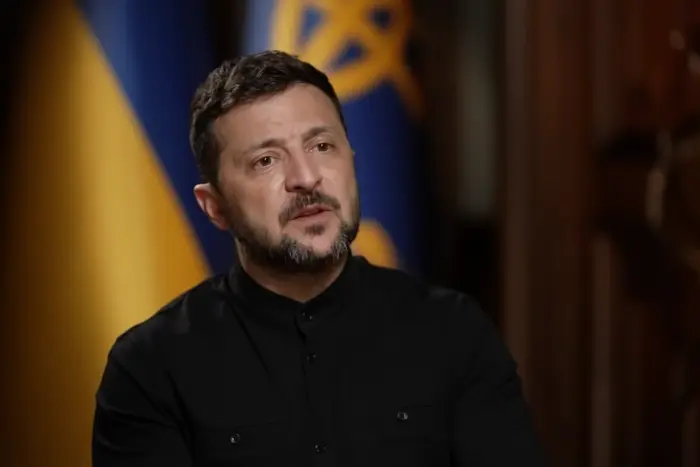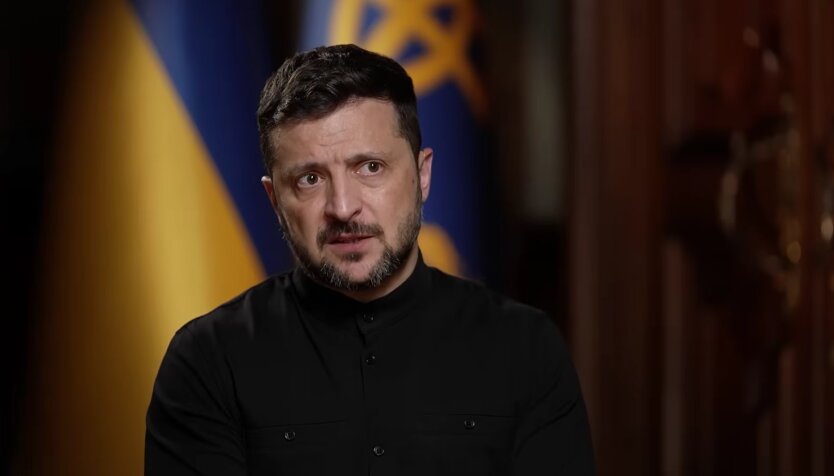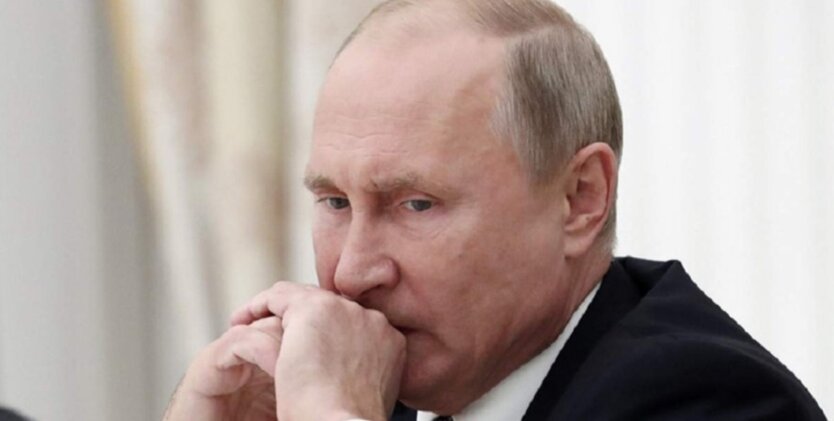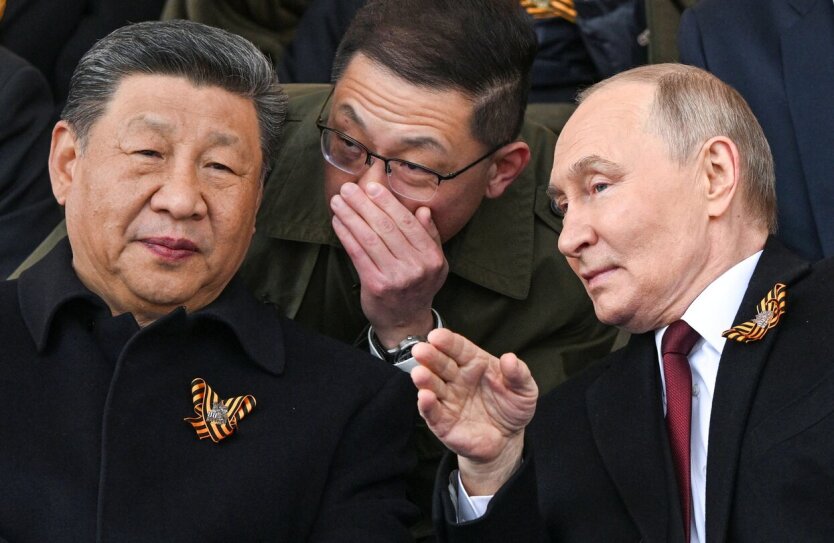New Source of Funding for Ukraine: France and Germany Target Russian Reserves.

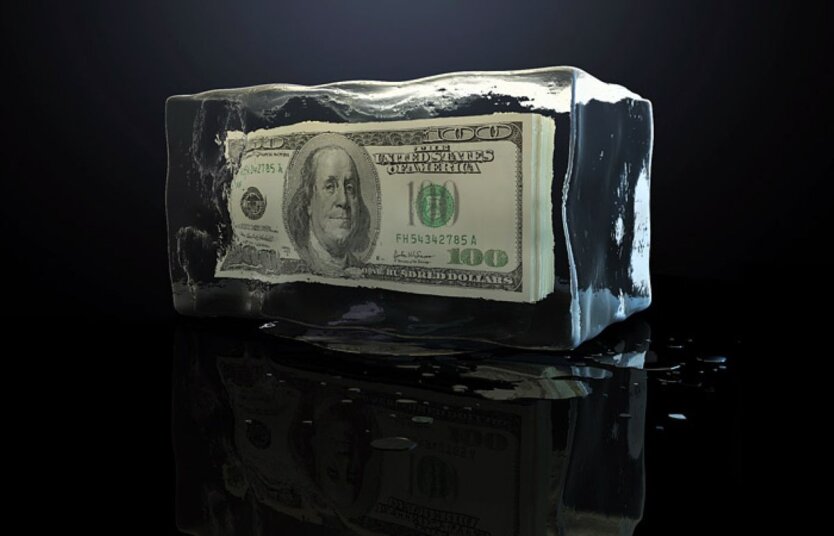
A plan is being created to confiscate Russian reserves to aid Ukraine
France and Germany have begun discussions on the possibility of confiscating frozen Russian reserves under certain conditions. However, previously European countries avoided such a step due to potential financial and legal consequences. Nevertheless, the changing security situation has compelled Europeans to seek new ways to support Ukraine.
According to Politico, French and German officials are exploring the possibility of confiscating the reserves of the Bank of Russia to use them as collateral for providing loans to Ukraine. Earlier, the 'G7' countries agreed to use future revenues from the reserves to provide loans amounting to 50 billion dollars. But France is considering using the reserves specifically for this purpose.
The Baltic states and Northern Europe have repeatedly called for the confiscation of the reserves and their immediate transfer to Ukraine. However, Germany, France, and other Western European countries initially believed that this would violate international laws and threaten trust in the euro and bonds. A similar position was expressed by the European Central Bank.
However, Germany's position may change as the new government supports the use of Russian assets to aid Ukraine. According to Deputy Norbert Röttgen from the Christian Democratic Union, Russian assets can be used to support Kyiv.
According to Euroclear data, as of the end of 2024, Russian assets worth 183 billion euros are frozen in the Belgian depository.
Read also
- Zelensky: The USA unexpectedly sent missiles intended for Ukraine to another country
- Zelensky said where Trump sent the 20 thousand missiles promised by Biden
- Elon Musk's Father Arrived in Moscow
- The main blow is yet to come: the US revealed what revenge Putin is preparing for the planes
- In the Kremlin named the main 'enemy': it turned out to be neither the West nor Zelensky
- Ukraine has created a ballistic missile 'more powerful than American analogs': already successfully tested

